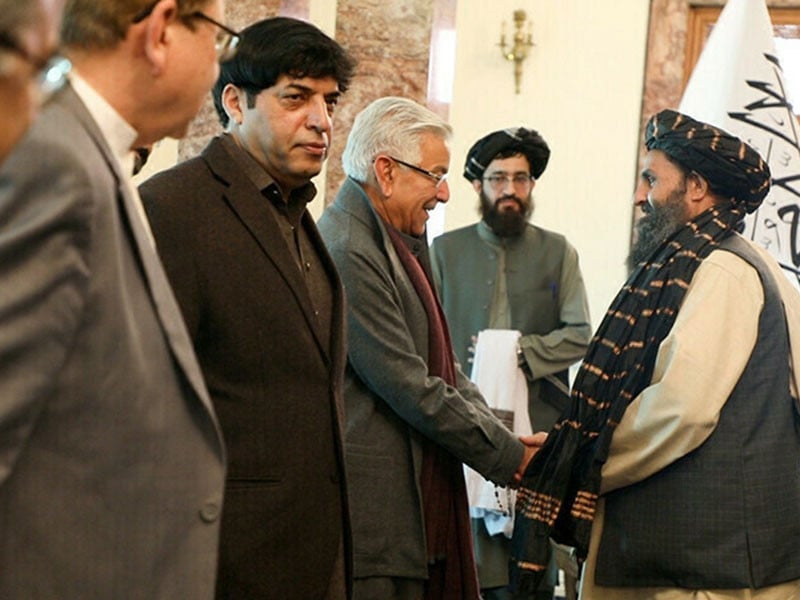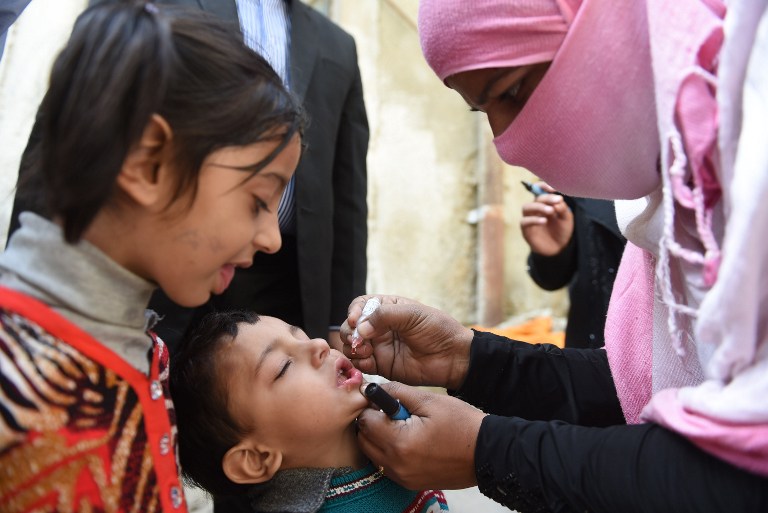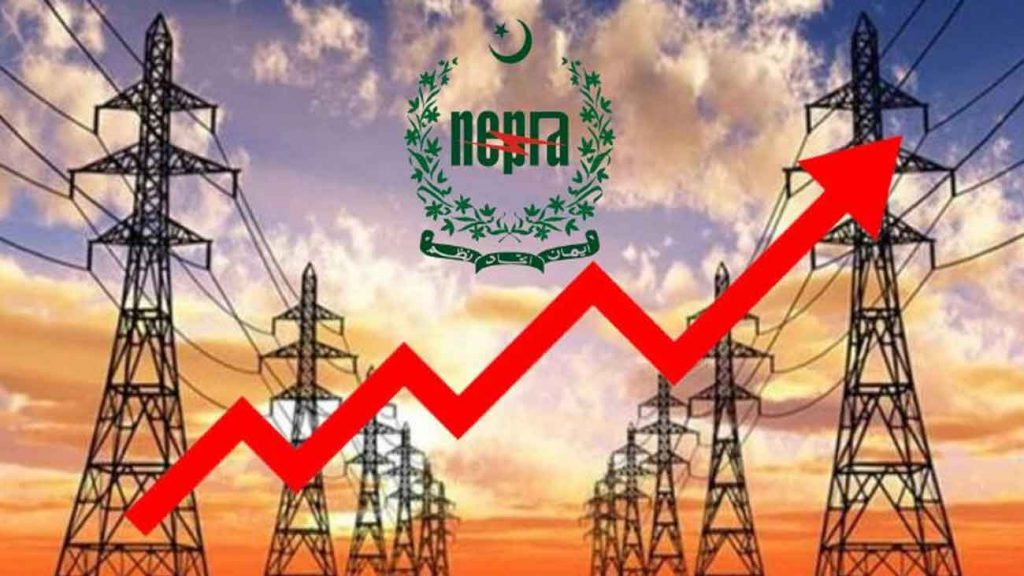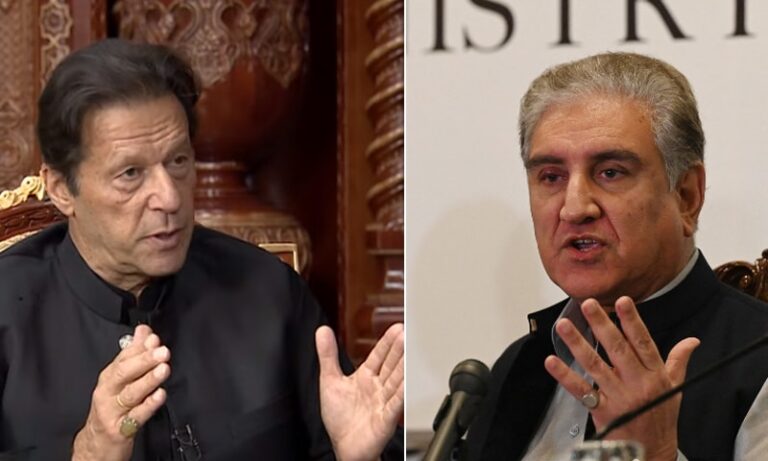EDITORIAL
UNESCO is the United Nations Educational, Scientific and Cultural Organization. It donates to peace and security by facilitating international cooperation in education, sciences, culture, communication and information. UNESCO illuminates knowledge sharing and the free flow of ideas to accelerate reciprocal knowledge and diverse knowledge of each other’s lives. UNESCO’s programmes donate to achieving the Sustainable Development Goals defined in the 2030 Agenda, adopted by the UN General Assembly in 2015.
As early as 1942, in wartime, the governments of the European countries, which were confronting Nazi Germany and its allies, met in the United Kingdom for the Conference of Allied Ministers of Education (CAME). World War II was far from over, yet those countries sought ways and means to rebuild their education systems once peace was restored. The project quickly gained momentum and soon acquired a universal character. New governments, including the United States, decided to join in. Upon the proposal of CAME, a United Nations Conference for establishing an educational and cultural organization (ECO/CONF) was convened in London from 1 to 16 November 1945. Scarcely had the war ended when the conference opened. It gathered representatives from forty-four countries who decided to create an organization that would embody a genuine culture of peace. In their eyes, the new organization was to establish the “intellectual and moral solidarity of mankind” and thereby prevent the outbreak of another world war.https://republicpolicy.com/pakistan-can-learn-a-few-lessons-from-unesco/
More than the political and economic arrangements of governments is needed to secure the lasting and sincere support of the peoples. Peace must be founded upon dialogue and mutual understanding. Peace must be built upon the intellectual and moral solidarity of humanity.
In this spirit, UNESCO develops educational tools to help people live as global citizens free of hate and intolerance. UNESCO works to ensure that every child and every citizen has access to quality education. By promoting cultural heritage and the equal dignity of all cultures, UNESCO strengthens the bonds between nations. UNESCO fosters scientific programmes and policies as platforms for development and cooperation. UNESCO stands up for freedom of expression as a fundamental right and a key condition for democracy and development. As a laboratory of ideas, UNESCO helps countries to adopt international standards and manages programmes that foster the free flow of ideas and the exchange of knowledge.
UNESCO’s founding vision was born in response to a world war marked by racist and anti-Semitic violence. Seventy years later and many liberation struggles later, UNESCO’s mandate is more relevant than ever. Cultural diversity is under attack, and new forms of intolerance, rejection of scientific facts and threats to freedom of expression challenge the peace and human rights. In response, UNESCO’s duty remains to reaffirm the humanist education, science and culture missions.https://republicpolicy.com/the-united-nations-and-the-principle-of-neutrality/
As a specialized United Nations agency, UNESCO has been working in Pakistan since 1958, delivering the Government of Pakistan with support for over seven decades. The Government of Pakistan recognizes UNESCO as a long-term strategic ally in aid of achieving Pakistan’s national development plans and priorities. UNESCO’s support to Pakistan is built around the United Nations’ common support framework for Pakistan, the Pakistan One United Nations Programme III (OP III) 2018-2022, and its shared objective, ‘Delivering as One,’ to achieve the SDGs in line with the Government’s priorities.
UNESCO’s mission is to build peace, eradicate poverty, sustainable development, and intercultural dialogue through education, the sciences, culture, communication and information. Pakistan must learn from the experiences of UNESCO. Hence, there is a dire need to work on the cultural heritage in Pakistan. Pakistan is an ancient civilization as old as 5000 years. So, there is a need to preserve cultural heritage and present it to the world. Apart from it, Pakistan must work in the fields of science, technology, education and social sectors. The experience and dextreties of UNESCO can be significant in enhancing the programs’ capacity and providing financial support. https://republicpolicy.com/un-convention-of-the-rights-of-child-and-implementation-in-pakistan/

















































